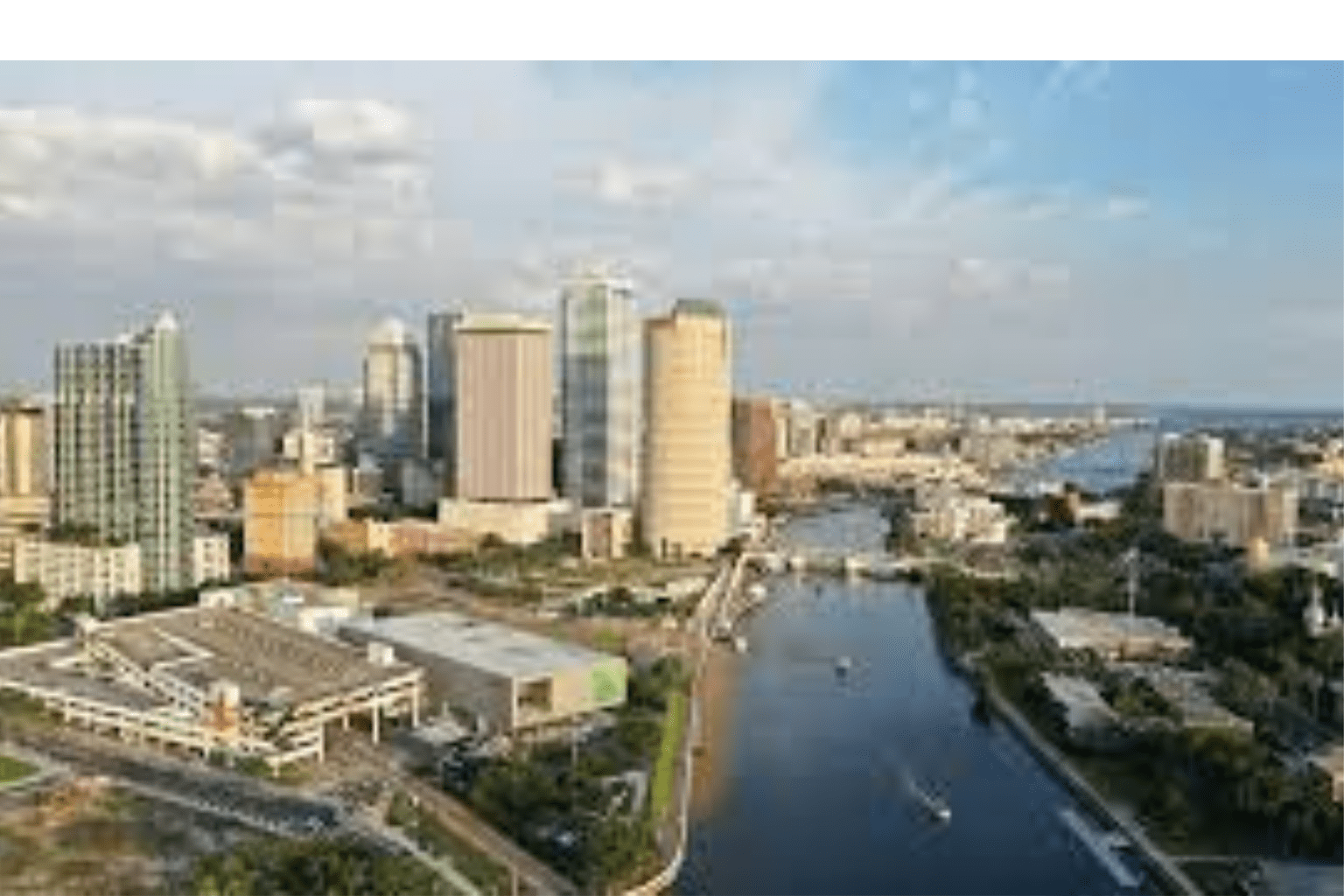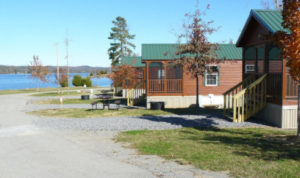The Future of Commercial Real Estate: Exploring C-Stores and QSR Real Estate Opportunities in FloridaIntroduction: The Growing Demand for C-Stores and QSR Real Estate
The commercial real estate market in Florida is booming, offering exciting opportunities for developers to explore various niche markets. Among the most promising areas are C-Stores and QSR real estate (Quick Service Restaurants). For commercial real estate developers in Florida, this presents an ideal chance to invest in high-demand property types that cater to evolving consumer needs.
In this article, we’ll discuss the potential of C-Stores and QSR real estate, highlighting why Florida is a prime location for such investments and the factors that developers should consider when exploring these opportunities.
What Are C-Stores and QSR Real Estate?C-Stores: Convenience at Its Best
C-Stores, or convenience stores, are small retail outlets offering a wide variety of everyday goods, including snacks, beverages, and household items. These stores are strategically located in high-traffic areas, such as near highways, residential neighborhoods, or busy urban centers. The appeal of C-Stores lies in their accessibility, providing customers with quick and easy access to essential items.
Commercial real estate developers in Florida can capitalize on the growing demand for C-Stores by investing in properties located in high-demand areas. Florida’s robust tourism industry, coupled with its expanding population, creates a consistent need for convenience stores that cater to both locals and visitors.
QSR Real Estate: Quick Service, Big Potential
QSR real estate focuses on properties leased to quick-service restaurants, which offer fast food and beverages to customers on the go. This market includes well-known brands like McDonald’s, Taco Bell, and Starbucks, as well as local chains offering fast, affordable meals.
As the demand for quick and affordable dining experiences continues to rise, QSR real estate presents an attractive investment opportunity for developers. Commercial real estate developers in Florida can look for high-traffic locations where fast food restaurants and cafes are in high demand, such as near business districts, transportation hubs, and tourist hotspots.
Why Florida Is a Hotspot for C-Stores and QSR Real Estate
Florida’s vibrant economy and ever-growing population make it a prime location for both C-Stores and QSR real estate investments. The state’s strong tourism industry, coupled with a diverse and expanding resident population, ensures a steady flow of customers for these types of businesses.
1. Tourism and High Foot Traffic
Florida is one of the most visited states in the U.S., attracting millions of tourists each year. This influx of visitors creates consistent demand for C-Stores and QSR real estate, especially in high-traffic areas like near beaches, theme parks, and resorts. For commercial real estate developers in Florida, properties near these tourist destinations are ideal for quick-service restaurants and convenience stores that cater to travelers’ needs.
2. Population Growth and Urbanization
Florida is one of the fastest-growing states in the country, with a steady increase in its population. As new residents move in, the demand for daily necessities and fast food grows, making C-Stores and QSR real estate even more valuable. Areas such as Orlando, Miami, and Tampa are seeing significant population growth, which directly impacts the demand for these types of commercial properties.
3. Busy Lifestyle and Convenience
The lifestyle in Florida is fast-paced, and many residents, especially in urban areas, prioritize convenience. Whether it’s grabbing a quick snack or a fast meal, the need for C-Stores and QSR real estate is at an all-time high. Developers can meet this demand by building properties in busy residential, commercial, and industrial areas where consumers need easy access to food and convenience items.
Key Considerations for Commercial Real Estate Developers in Florida
For commercial real estate developers in Florida, investing in C-Stores and QSR real estate requires a strategic approach. Here are some key considerations to ensure success:
1. Location, Location, Location
The success of both C-Stores and QSR real estate largely depends on location. Developers must identify high-traffic areas with strong consumer demand. Proximity to major roads, residential neighborhoods, business districts, and tourist attractions is crucial. The right location ensures high visibility and easy access for customers.
2. Leasing and Tenant Relations
Both C-Stores and QSR real estate are typically leased to national brands or local franchises. Developers must negotiate favorable lease terms with tenants, ensuring a steady stream of income. Additionally, fostering good relationships with tenants is important for long-term success and tenant retention.
3. Adaptability to Changing Consumer Preferences
The commercial real estate market is ever-changing, and the demand for C-Stores and QSR real estate can fluctuate based on shifting consumer preferences. Developers should stay updated on industry trends, such as the growing popularity of healthier food options or tech-driven convenience solutions (like mobile ordering or delivery). Adapting to these changes can help developers future-proof their investments.
4. Building Design and Functionality
For both C-Stores and QSR real estate, the design of the building plays an important role in attracting customers. The property should be designed to maximize convenience for consumers while ensuring efficient operation for tenants. Key features include ample parking, drive-thru capabilities for QSR real estate, and easily accessible store layouts for C-Stores.
Conclusion: A Bright Future for C-Stores and QSR Real Estate in Florida
Florida’s thriving economy, growing population, and strong tourism industry create a promising environment for C-Stores and QSR real estate. For commercial real estate developers in Florida, these sectors offer great potential for long-term growth. By strategically investing in high-traffic areas and catering to the demand for convenience and fast food, developers can capitalize on these lucrative opportunities.
To learn more about how to navigate the Florida commercial real estate market, including C-Stores and QSR real estate, visit Lawrence Todd Maxwell’s website.




